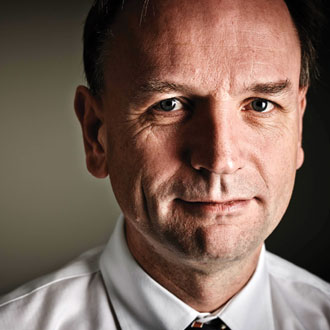170 practices apply to provide secondary care services

NHS England has received 170 applications from GP-led ventures wishing to expand into secondary and community care provision as part of plans to set up ‘new models of care’.
It also revealed that there have been 50 applications from hospitals to set up acute-sector led primary and acute care systems (PACS), which are expected to see hospital trusts employing GPs.
Speaking at the King’s Fund this morning, chief executive Simon Stevens revealed there were 268 applications to become ‘vanguard’ sites for the new models, with other options including community hospital models.
But the highest proportion of applications came from GP-led bids to become multi-specialty community providers (MCP).
The successful applicants will share £200m set aside by the Government to pilot the new models of care described in NHS England’s Five Year Forward View.
The data was revealed at the launch of a King’s Fund report with recommendations for the implementation of the five-year plan today. In the report, the think-tank recommends that the MCPs could also hold their own ‘capitated budgets’ for providing out-of-hospital care.
The report said: ‘NHS commissioners should work with interested and capable general practices operating at sufficient scale to establish MCPs that take control of a capitated budget to deliver integrated out-of-hospital services.’
It also recommended: ‘Different options for PACS should be explored, recognising the cultural differences between GPs and hospital clinicians and concerns that community services and GPs could become the poor relations.
‘Many GPs will have concerns about the potential loss of autonomy and will need reassurance that they will benefit from working in a new, more integrated system of care. Developing GP leaders to work with hospital leaders, as well as bringing all GPs and other staff into the fold of PACS, will take time and diplomacy to avoid any sense that one organisation is taking over others.’
Close to a third of England’s CCGs will take on full delegated commissioning from April, NHS England also revealed.
In total, 65 out of the 211 CCGs will be holding GP contracts, performance managing practices and setting up local incentive schemes from April.
Co-commissioning plans already being rolled out by CCGs include a £95-per-patient guarantee by NHS Bolton CCG to practices reducing emergency admissions while NHS Sandwell and Birmingham CCG was already budgeting a £1m per year investment in GP commissioning staff. Elsewhere, in the Thames Valley area, CCGs are planning to delay clawbacks of funding from PMS practices to 2016.









